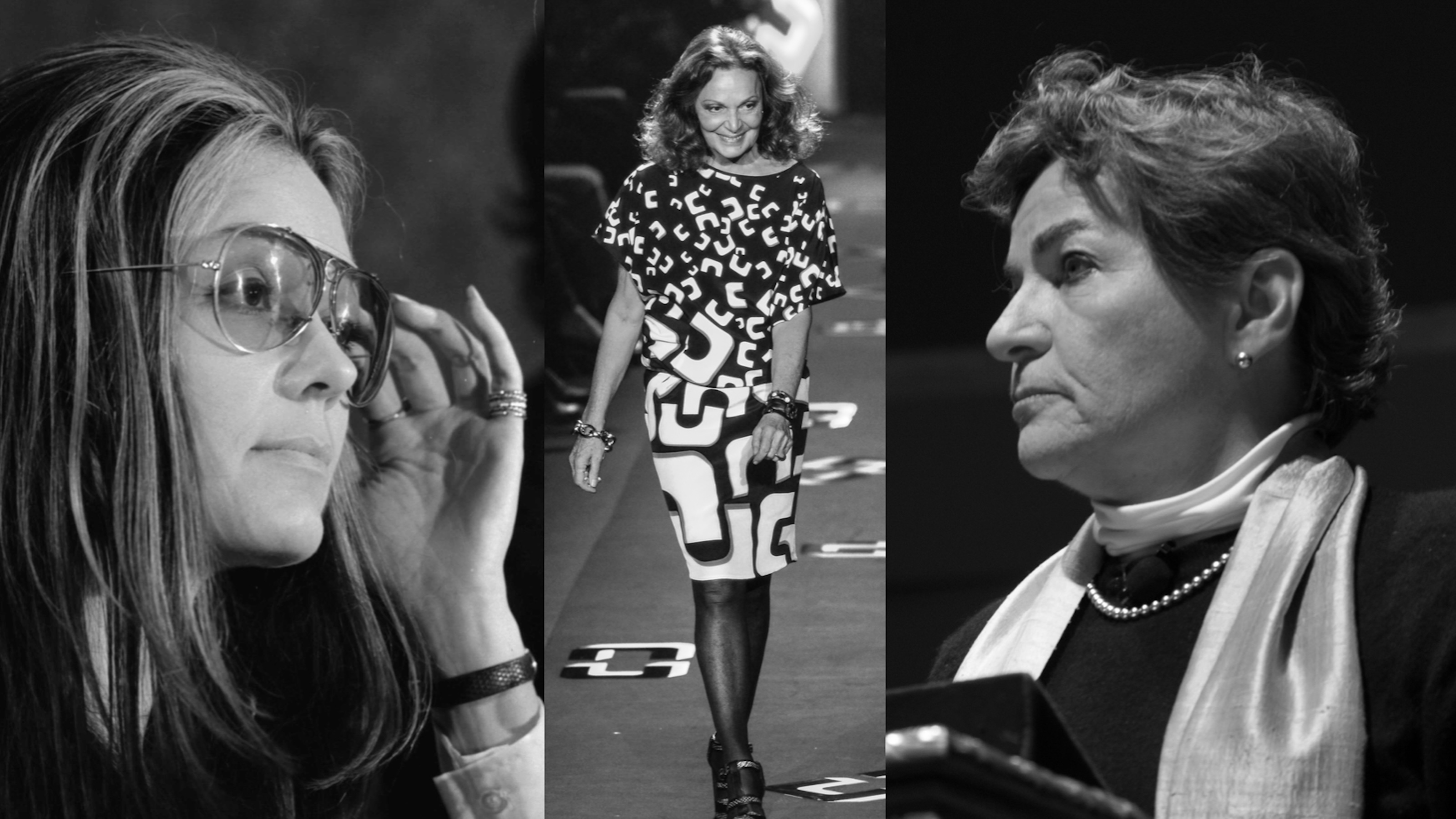Michael Gazzaniga, one of the world’s leading researchers in cognitive neuroscience, argues, “We can understand brains to the nth degree, but that’s not going to in any way interfere with the fact that taking responsibility in a social network is done at a social level. So the way I sum it up is that brains are automatic, but people are free because people join social groups” — and those groups dictate the laws to live by.
Michael Gazzaniga: Free will and the whole idea and concept behind it was an idea that grew out of thousands of years of thought at a time when there really wasn’t any serious knowledge about the mechanistic nature of the human brain and now we know a ton. We know how the brain is organized. We know that it comes with structure. We know that it has knowledge in it. We know how—we’re learning more and more each day how it makes decisions. In other words, we’re learning how the thing works.
So if you think about it this way, if you are a Martian coming by earth and looking at all these humans and then looking at how they work you wouldn’t—it would never dawn on you to say well now this thing needs free will. What are you talking about? What we’re doing is we’re learning and appreciating the ways in which we produce our perception, our cognition, our consciousness and all the rest of it and why do you want something in there that seems to be independent of all that?
The central part of free will that people want to hold onto is the sense that that therefore makes you responsible for your actions. So it’s the idea of personal responsibility and I think that’s very important and I don’t think that all this mechanistic work on the brain in any way threatens that because you learn that responsibility is to be understood at the social level, the deal, the rules that we workout living together. So the metaphor I like to use is cars in traffic. We can study cars and all their physical relationships and know exactly how they work. It in no way prepares us to understand traffic when they all get together and start interacting. That is another level of organization and description of these elements interacting.
So the same is with brains that we can understand brains to the nth degree and that’s fine and that’s what we’re doing, but it’s not going to, in any way, interfere with the fact that taking responsibility in a social network is done at that level. So the way I sum it up is that brains are automatic, but people are free because people are going to be—are joining the social group and in that group are laws to live by. And it’s interesting. Every social network whether it’s artificial, internet or people - accountability is essential or the whole thing just falls apart. You have to have it.
No one has anything to worry about I don’t think from science in terms of whatever we discover about our nature and however good we get at describing it it’s not going to impact that essential value that everybody has to be held accountable because it’s a totally different level and it’s in the social level, which is so crucial and important for the human.
Directed / Produced by
Jonathan Fowler and Elizabeth Rodd





